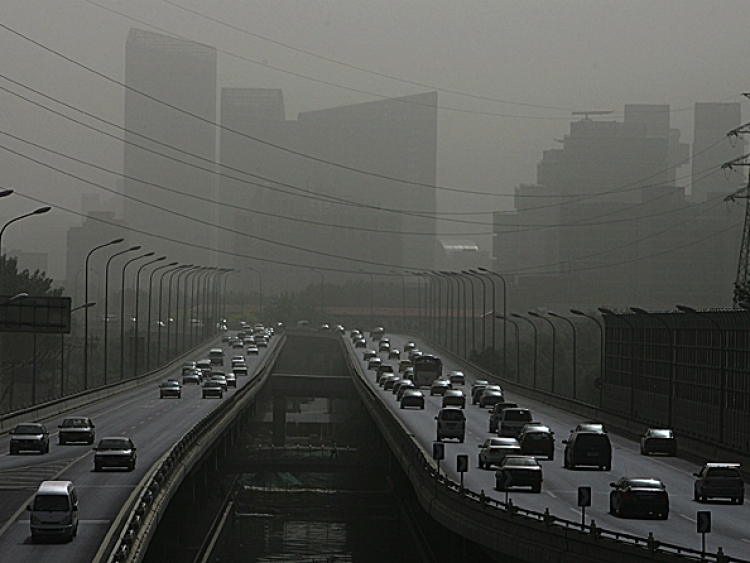Beijing’s infamous smog (the city has the worst air pollution in the world) continues to linger despite factory closures, raising fears that the health of athletes could be endangered.
Olympic committees around the world are weighing the risks of bringing their athletes to Beijing in advance of the games. While coming earlier gives athletes time to adjust to the heat and humidity, it also increases their exposure to the city’s endemic pollution, which the World Health Organization estimates kills 656,000 people every year.
To combat the problem and meet it’s Olympic pledge to drastically improve the city’s air quality, the Chinese regime has begun shutting down hundreds of polluting business like steel mills, coal power plants, and factories.
Beijing has ordered the nearby port city of Tianjin to shut down 40 factories in the coming weeks and has reportedly already ordered 267 firms to close in the regions busiest steel centers. In Tangshan, 150km from Beijing, 66 coke operations, cement factories, steel mills and smaller power generators have been ordered closed. The city will also ban half the cars from driving on alternate days (decided by whether the last digit on their plate is odd or even).
But despite those efforts, no-one seems too confident the smog will disappear. A representative with the Swiss Olympic committee recently told a reporter they were “really worried” about the pollution. Other Olympic committees are working out strategies to limit their athletes’ exposure to the pollution, such as getting acclimatized in Macau and only coming to Beijing to compete. The world’s leading long-distance runner, Haile Gebrselassie, has already dropped out of the games.
Some China experts expect it will be hard for Beijing to shut down as many factories as would be needed to significantly reduce pollution due to cutthroat domestic competition and government corruption.
The International Olympics Committee has said that some long distance endurance events would be postponed if the air quality is poor.
Reports from Beijing say the smog was so think last week that buildings only a few hundred feet away were not visible.








Friends Read Free